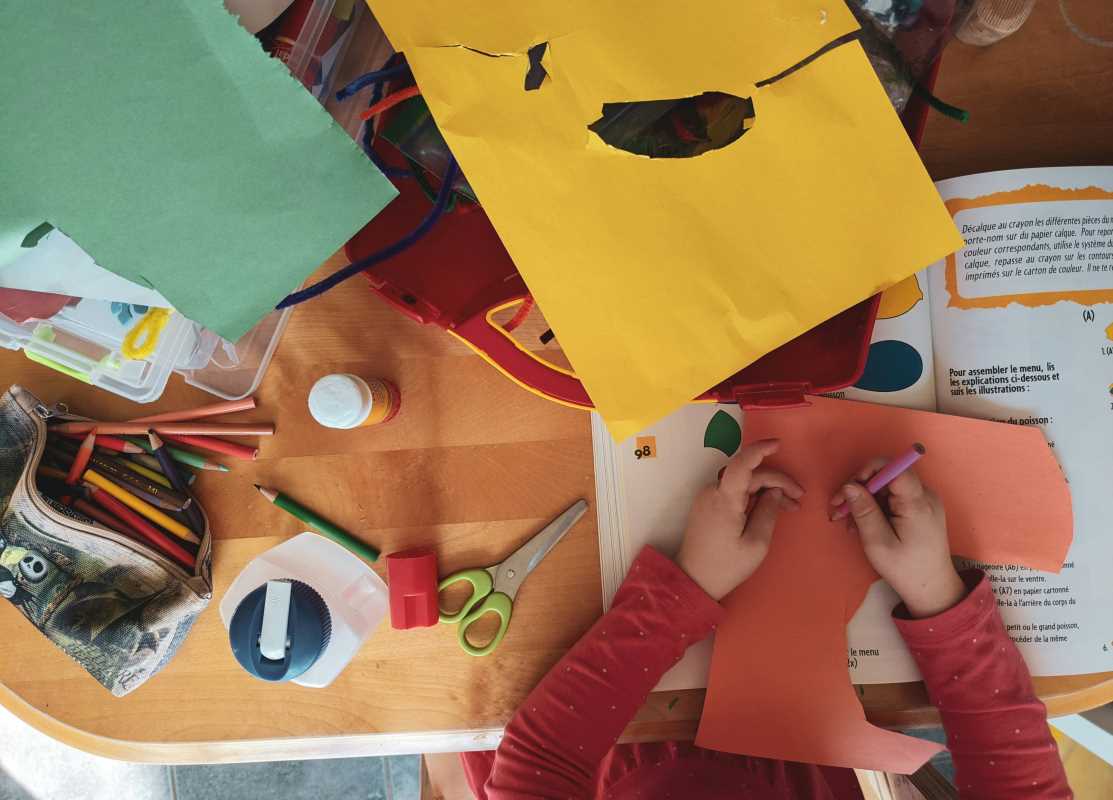Finding time for meaningful family moments can sometimes feel like a challenge. But what if the answer was right at your fingertips? Educational virtual games offer families a way to connect, learn, and have fun together, all from the comfort of home. These games are more than just screen time. They’re opportunities to explore new topics, solve problems as a team, and even strengthen familial bonds while learning something new.
Whether you have toddlers fascinated by colors or teens interested in history, there’s a virtual game out there for your family. Here’s how educational games can help bring families closer, along with some standout options worth exploring.
The Power of Learning Together
Virtual family gaming is more than a trend; it’s a way to foster collaboration, spark curiosity, and build mutual understanding. These games often encourage critical thinking, storytelling, and teamwork, making them perfect for families with diverse age groups. Add to that the chance to learn something new, and it’s no wonder educational games are a rising favorite among families everywhere.
What’s so unique about these games? First, they’re designed to be inclusive and engaging for participants of all ages. Second, they offer tailored educational content, from practicing math to exploring the planets. And lastly, they’re remarkably accessible, needing little more than a device and an internet connection to get started.
Top Educational Virtual Games for Family Fun
Here are some of the best educational games that combine learning and fun, ensuring your family gains memorable experiences together.
1. Minecraft: Education Edition
Minecraft is no stranger to family gaming, but its Education Edition takes things a step further. This version introduces structured lessons on topics ranging from physics to environmental science, all within Minecraft’s trademark block-building world. Families can join in to build ecosystems, conduct chemistry experiments, or even take virtual tours of historical sites. The game fosters creativity and teamwork, especially when everyone collaborates on shared projects.
Why It’s Great for Families:
- Encourages teamwork as you build worlds together.
- Combines storytelling, creative thinking, and STEM topics.
- Supports multiple players on the same server.
2. Kahoot!
Kahoot! turns everyday learning into fun quizzes and challenges. Parents can either pick from millions of existing educational quizzes or create custom ones based on family interests. From trivia on world capitals to questions about dinosaurs, this game can make learning an engaging group activity.
Why It’s Great for Families:
- Flexible topics make it great for all age groups.
- Quick rounds are perfect for busy families.
- Facilitates a little friendly competition between players.
3. Osmo
Osmo is an interactive educational app/network that combines physical play with virtual learning. Designed for younger kids, it helps them master skills like geometry, spelling, and coding. Families can use the Osmo system with a tablet and reflective bases, allowing everyone to participate in hands-on learning through activities and mini-games.
Why It’s Great for Families:
- Perfect for young learners mastering foundational skills.
- Brings actual physical play into the virtual space.
- Includes multiplayer activities for collaborative family fun.
4. Civilization VI
If you’re looking for a game that engages older kids and adults alike, Civilization VI is a fantastic choice. This turn-based strategy game teaches history, geography, and problem-solving as players develop civilizations and make key historical decisions. Families can team up to build thriving empires or take turns strategizing their next moves while learning about historical figures and events.
Why It’s Great for Families:
- Appeals to strategy enthusiasts and history lovers.
- Encourages discussion about global cultures and leadership.
- Can be played collaboratively or turn-based for flexible gameplay.
5. BrainPOP
BrainPOP offers educational games and mini-quizzes related to science, social studies, and math. These activities are primarily video-based and encourage discussions, making them ideal for families. The interactive approach sparks curiosity and lets parents and kids work through subjects like biology or history together.
Why It’s Great for Families:
- Easy to pick and use, even for younger kids.
- Covers a broad range of subjects in engaging formats.
- Encourages family conversations around learning.
Making Virtual Games a Family Tradition
Integrating virtual games into family routines doesn’t have to involve hours of preparation or complicated systems. Here are some practical tips to make it a smooth and enjoyable experience for everyone involved.
1. Set a Game Time
Block out weekly or bi-weekly family gaming sessions. Whether it’s Friday night or Sunday afternoon, creating a schedule ensures everyone looks forward to gaming time together.
2. Mix Up the Themes
Keep your game nights fresh by alternating between educational topics, from history one week to coding the next. This ensures variety and keeps curiosity alive.
3. Collaborate, Don’t Compete
Focus on games where players can collaborate rather than compete against each other. Activities like building, solving puzzles, or exploring worlds together foster teamwork and reduce sibling rivalries.
4. Encourage Open Discussions
Use these gaming experiences as opportunities to discuss what everyone learned or enjoyed the most. This deepens the bonding aspect of playing together.
5. Balance Playtime
While virtual gaming is fun, balance these sessions with other types of family activities, like outdoor play or cooking together.
The Benefits Beyond the Screen
The impact of virtual educational games on families extends well beyond fun and learning. Collaborative gaming builds stronger connections, as parents become active participants in their children’s education. For younger kids, learning alongside parents boosts confidence and curiosity, while teenagers appreciate the shared family activities that respect their growing independence.
One unexpected perk? Games that shine a light on topics like global history or critical thinking often spark new interests or hobbies within the family. Who knows? Your nightly Civilization VI session might inspire your kids to study international relations.
A World of Learning Awaits
Educational virtual games are changing the way families spend time together. Instead of screens separating household members, they’re becoming shared tools for growth, bonding, and exploration. From building digital worlds to tackling trivia challenges as a team, these games offer something for every family.
Why not try an educational game during your next family night? By combining fun with learning, you’ll create lasting memories and possibly ignite the inner explorer, scientist, or historian in the process.
Dive into these experiences together, and you may find that the best rewards of family gaming aren’t just in the gameplay but in the connections and joy shared along the way.







